Which foods are aphrodisiacs? Best foods to boost your libido

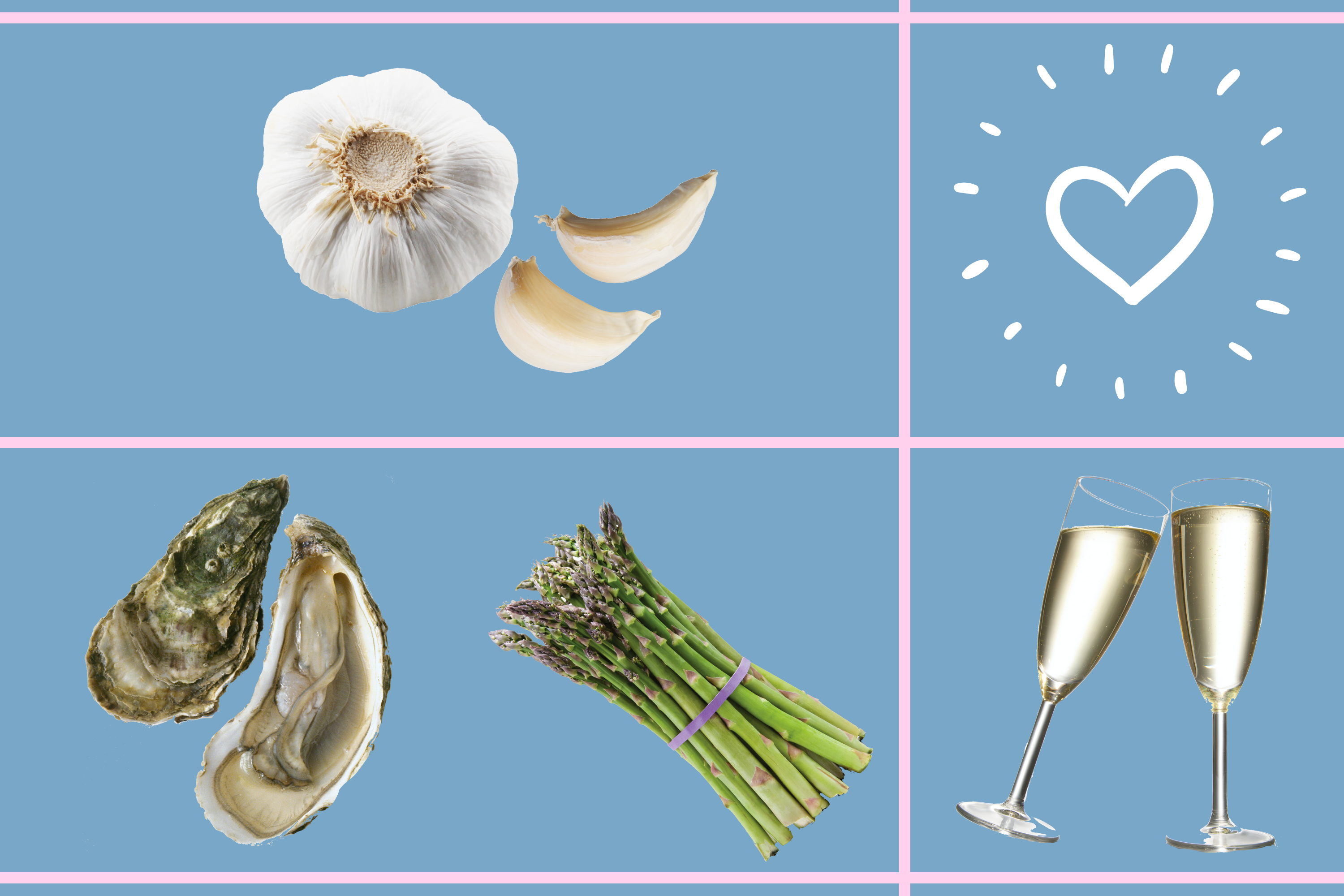
People have been trying to find out which foods are aphrodisiacs since ancient times.
Ever since the Greeks first suggested that some natural products could increase your sex drive, everything from oysters to watermelon has been slapped with the aphrodisiac label. Over the years, those who have gone off sex have looked towards natural remedies to improve their libido - with varying success.
In much the same way that certain sleeping positions like spooning are supposed to improve your relationship, some supposed aphrodisiacs actually do very little apart from offer a placebo effect. So, according to the science, what foods are aphrodisiacs and which ones need myth-busting?
Which foods are aphrodisiacs?
1. Pistachio nuts
Everyone’s favourite bar snack has made its way into the bedroom as pistachios are one of the aphrodisiac foods .
It’s thought that pistachio nuts may help prevent the symptoms of erectile dysfunction in men. Researchers from Atatürk Teaching and Research Hospital studied the effect of pistachios on men who experienced erectile dysfunction. The men ate 100 grams of the nut for three weeks. Researchers found that they had increased blood flow and firmer erections.
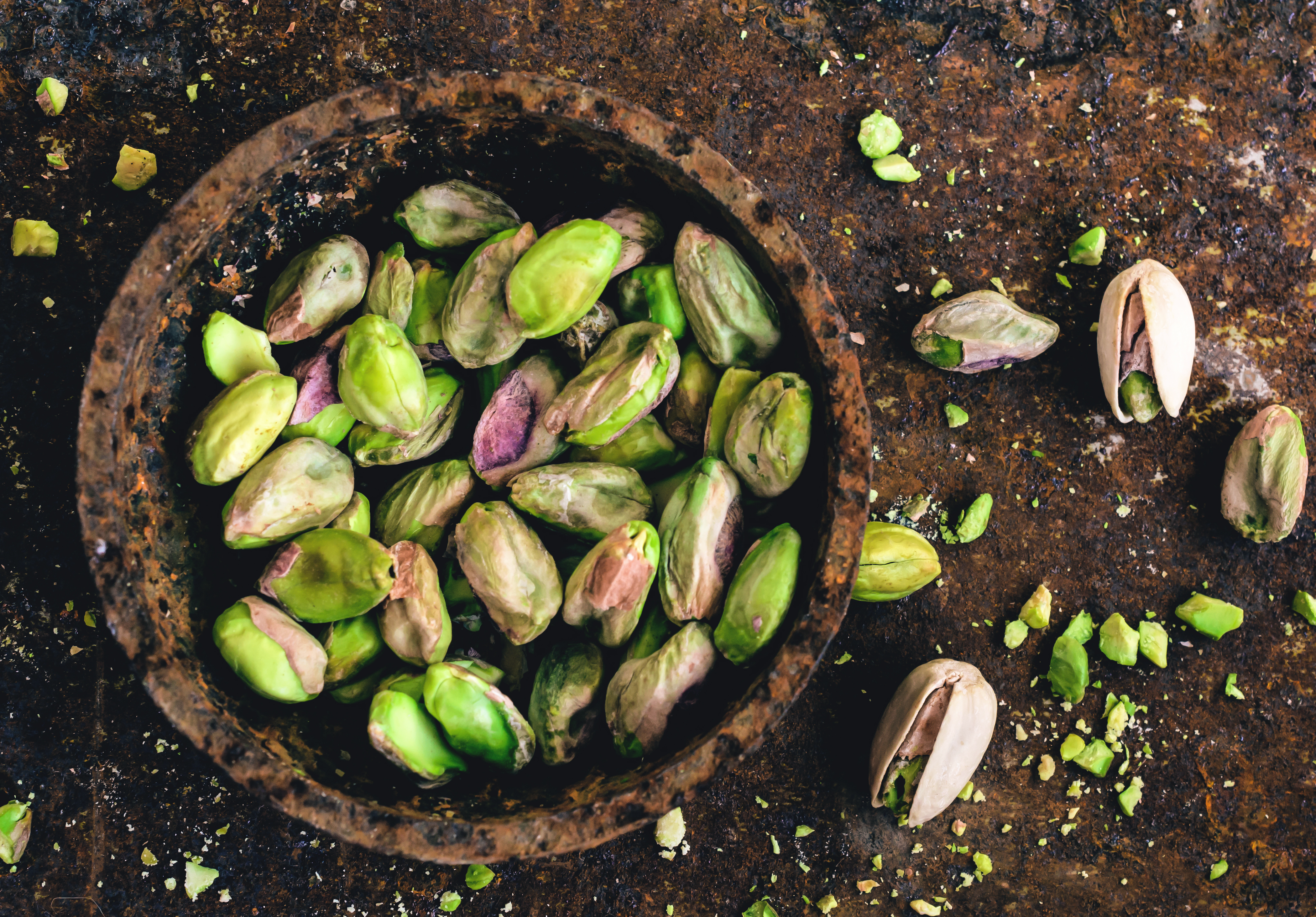
There were flaws in the study allowing for external factors to have an influence. However, experts argue that these effects link to the pistachio’s ability to improve blood cholesterol levels and stimulate blood flow.
2. Saffron
You’ll probably find this yellow-coloured spice deep in the back of your cupboard. But it’s time to bring it out, as there’s evidence that saffron can actually boost your sex drive.
Parenting advice, hot topics, best buys and family finance tips delivered straight to your inbox.
While the findings were most consistent in individuals who had depression, multiple studies have found that saffron reduces stress and acts as a natural mood booster. One study from the Tehran University of Medical Sciences even found men who took 30mg of saffron per day for one month had more improvements in erectile function than men who did not eat the spice.
And similar results were found for women in a follow-up study one year later. Researchers found that women who consumed 30mg of saffron per day had higher levels of arousal and natural lubrication.
3. Maca
If you’ve ever walked into a whole foods store, you’ve probably seen this pale beige powder on the shelves. Because as well as containing general mood-boosting properties which help people feel less anxious, maca has been scientifically proven to improve the libidos of both men and women.
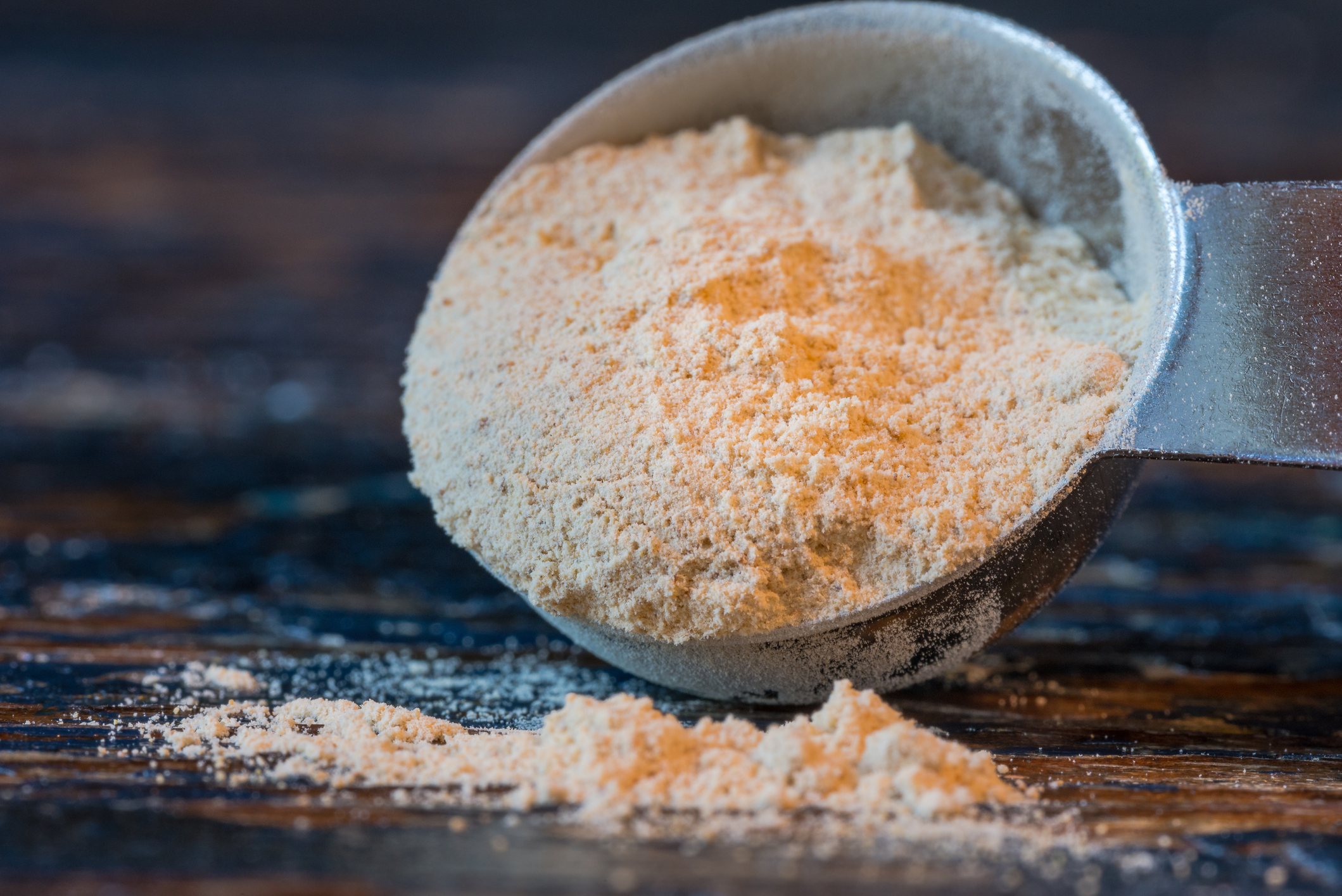
A study of the root in 2010 looked at men aged between 21 and 56 years old who ingested Maca in either 1,500mg or 3,000mg doses compared to a placebo. The researchers found that there was a significant increase in sexual desire in both groups after 8 weeks. This suggests that even a low dose of the plant could improve your sex drive.
Maca also contains good levels of magnesium and fibre, both of which help keep energy levels high and maintain the body’s natural function of digestion. When all these properties are combined, it certainly looks as though maca makes for an effective aphrodisiac.
4. Asparagus
This underrated green vegetable could be doing more for you than just adding a little something extra to your salad.
Asparagus is famously rich in vitamin B, which alongside supporting a healthy early pregnancy, has been proven to boost both men and women’s libidos as it increases blood and oxygen flow to the genitals.
As one of the healthiest vegetables ever, it also includes plenty of potassium which a 2011 study links to the production of sex hormones. Particularly progesterone, which is the female sex hormone. Those with low levels of progesterone often experience anxiety and heightened levels of stress along with irregular appetite, bloating and insomnia. None of which are part of the recipe for a romantic night in.
For exactly the same reasons, bananas are thought be a potent aphrodisiac. However, there's not too much research on this. Most health experts believe it's just a myth linked to the phallic shape of the banana rather than its proven health benefits.
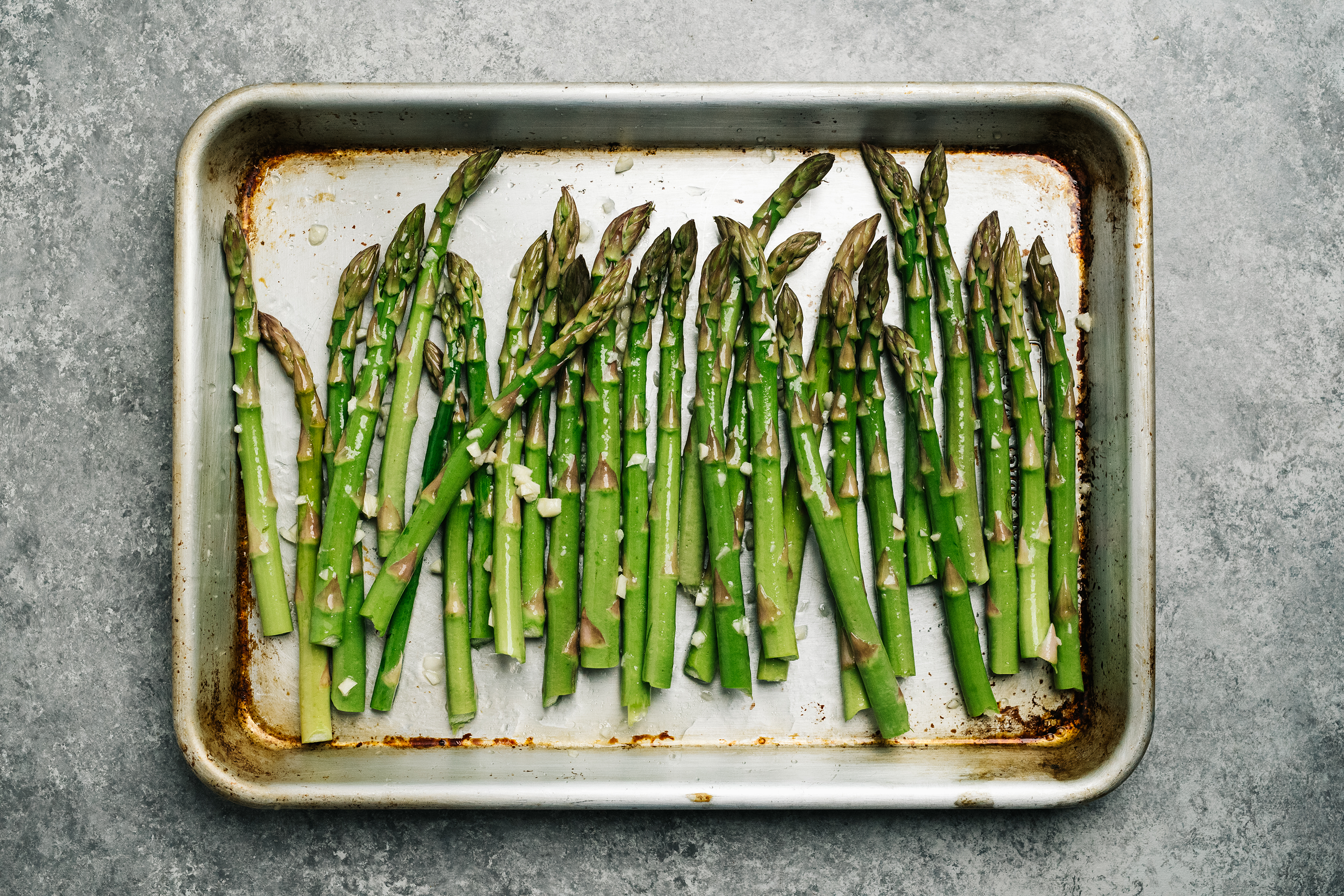
5. Alcohol
It’s very unlikely that so many people would drink if there weren't some key benefits of alcohol. But while alcohol is famous for being an aphrodisiac, it's worth looking at the evidence. When it comes to drinking, aphrodisiacs sit on one side of the coin and sexual dysfunction sits on the other.
The first major investigation into why alcohol is known to increase sexual desire was conducted by researchers from Finland and Japan. They measured the levels of testosterone in both male and female volunteers who had a moderate amount of alcohol. They found that the levels of testosterone were higher in women, while the hormone was unaffected in men. This led to the conclusion that raised levels of testosterone, which is known to increase the sex drives of both men and women, can contribute to increased sexual desire - particularly for women.
Published in Nature, the findings were most prominent in women who already took the contraceptive pill, though. This is because this method of contraception increases testosterone levels in the first place.
A couple of drinks could also certainly help things in the bedroom. Alcohol is famous for helping people to relax and ditch their inhibitions. However, as anyone who’s had one too many will know, even just one drink can tip the scales.
In both men and women, moderation is absolutely key. Along with the inability to give consent, too much alcohol can cause a significant lack of sexual desire.
Findings published from a prominent study in the Indian Journal of Medical Research revealed that out of 101 alcohol-dependent men, over 58% of them suffered with significant sexual dysfunction. Most prominently was the struggle for arousal, issues with desire, achieving and maintaining an erection.
For women, the problem is similar. Research from as early as the 1990s agrees that alcohol can increase women’s sexual desire, arousal and even pleasure but drinking definitely lowers physiological arousal. This means there is less chance of natural lubrication and they are less likely to reach orgasm.
6. Garlic
It’s hardly the sexiest of smells but as well as being a famous immune system-boosting food, garlic is thought to improve sexual desire and function.
This is because it contains quercetin which works in a similar way to the male performance-enhancing drug, Viagra. Derived exclusively from plants, studies from 2016 show that quercetin works to improve blood vessel cell health overall. Importantly for those struggling in the bedroom, though, it improves blood flow through the arteries. This can help men achieve and maintain erections and increase women’s sexual desire too.
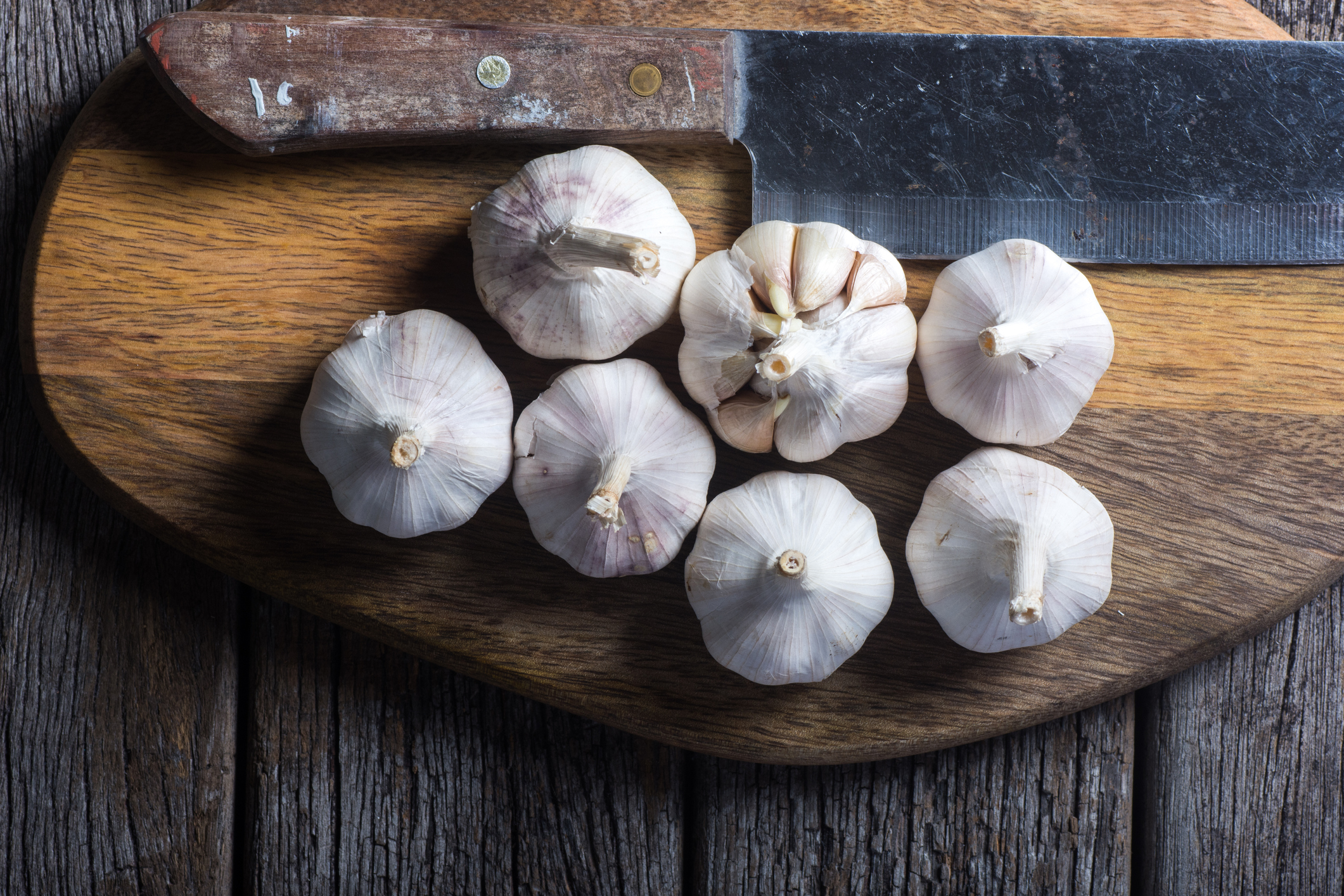
A review of 18 different studies on garlic also concluded that it had potential in the baby-making department. Results showed that garlic helped boost men’s sperm count and even increased levels of testosterone due to its antioxidant properties.
But if you can’t stand the smell, there are other foods high in quercetin. These include apples, berries, grapes and dark chocolate. It’s also found in red wine but as we say, it's important to question whether wine is good for you in this sense, as too much and its positive effects are reversed.
7. Ginseng tea
If you’re looking for a tipple to get you in the mood, evidence suggests that giving up alcohol in favour of a cup of red ginseng tea could be a good idea.
Studies have shown that red ginseng helps to improve naturally low libidos and improve sexual function - particularly in menopausal women. One study from 2010 shows that over a 20-week period, those taking at least three grams of ginseng per day experienced significantly more sexual desire and improved sexual function. This could be because red ginseng boosts the body’s production of nitric oxide, which similar to vitamin B, helps with blood circulation. It can also assist muscles with natural relaxation.
It's effective cure if you can’t sleep and this tea can also help get you in the mood.
Are oysters an aphrodisiac?
Unfortunately, there’s no proof to suggest that oysters are a real aphrodisiac.
They’re certainly the extravagant of seafoods and some people (probably) find the slurping sexy. But no evidence from human trials to suggest that they do anything that could improve sex drive.
The presentation by George Fisher, a member of the American Chemical Society, made this mollusk famous. But the research wasn’t even examining oysters in the first place. It was looking at the aphrodisiac effect of mussels which are in the same family as the oyster. The study did show mussels had levels of D-Aspartic acid, which increases levels of sex hormones. But researchers have only seen this effect in lab rats. Never in humans.
Another study from 2015 did suggest that D-Aspartic acid could increase testosterone in men but beyond that, it didn’t do a whole lot.
So when asking 'what foods are aphrodisiacs?', there's actually very few that really do the job.

Grace Walsh is a health and wellbeing writer, working across the subjects of family, relationships, and LGBT topics, as well as sleep and mental health. A digital journalist with over six years experience as a writer and editor for UK publications, Grace is currently Health Editor for womanandhome.com and has also worked with Cosmopolitan, Red, The i Paper, GoodtoKnow, and more. After graduating from the University of Warwick, she started her career writing about the complexities of sex and relationships, before combining personal hobbies with professional and writing about fitness.